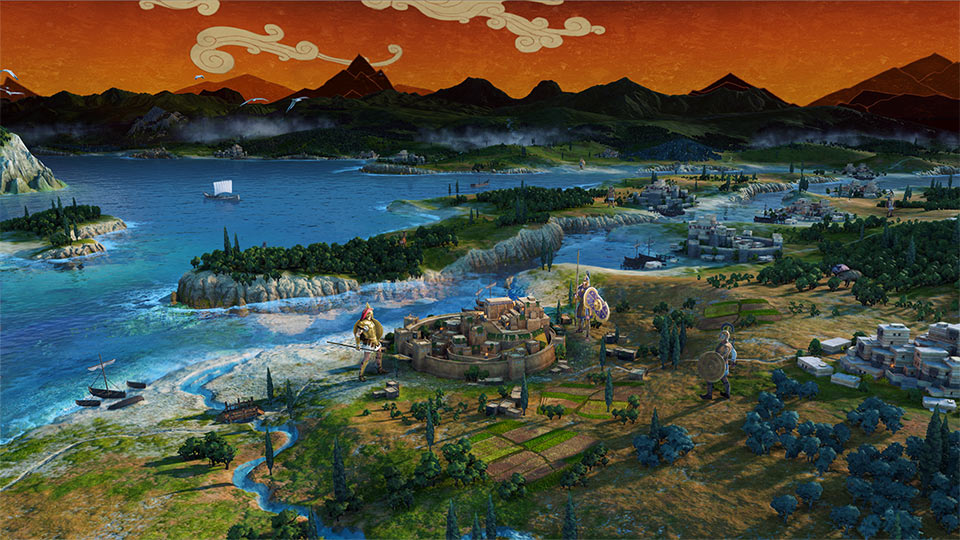OUT NOW FOR macOS
DISCOVER THE TRUTH BEHIND THE MYTH
A Total War Saga: TROY is the first entry in the award-winning series to focus on the legendary Trojan War, the 20-year conflict between the kingdoms of Troy and Mycenaean Greece. Set against the striking backdrop of the Bronze Age Mediterranean, play as one of eight famed Heroes and fight to conquer or protect the legendary kingdom of Troy.
Combining Total War’s unique blend of grand, turn-based empire management and spectacular real-time battles, TROY explores this epic conflict from both the Greek and Trojan perspectives – peeling back the layers of myth and legend to reveal the realities that may have inspired them.
-

DIVE INTO GREEK MYTH
Inspired by The Iliad – Homer’s sweeping tale of romance and bloodshed – A Total War Saga: TROY focuses on the historical flashpoint of the Trojan War.
-

EXPERIENCE THE TROJAN WAR
Troy explores this legendary conflict from both the Greek and Trojan perspectives, peeling back the layers of myth and legend in this striking recreation of the Bronze Age Mediterranean.
-

CHOOSE YOUR HERO
Realise your own legend as one of eight classical heroes, including the infamous warrior Achilles, noble protector Hector, wayward prince Paris and vengeful king Menelaus.
-

FIGHT ALONGSIDE MYTHIC UNITS
Inspired by the famed creatures of Greek myth, call on units such as the Minotaur and the Cyclops in the heat of battle.
-

BUILD A BRONZE AGE EMPIRE
The fate of a great civilisation is in your hands. Your actions can turn the tide as you build an empire through strategy, statecraft, diplomacy and all-out war.
